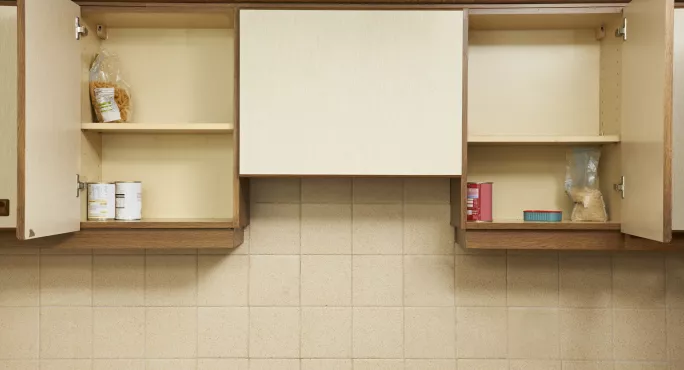A new project from Scotland’s biggest teaching union aims to help teachers to tackle child poverty.
The EIS’ Pact Project, funded by the Scottish government, is a response to “the serious concerns of teachers about the growing levels of dire poverty amongst our children and young people”, the union says.
Schools cannot solve poverty, says the EIS, “but teachers want to do more to mitigate its effects - and this project aims to support the profession to do that”.
Child poverty: An open letter to teachers from a parent in poverty
What schools can do: How to make school affordable for struggling families
Quick read: Unicef to tackle child obesity and poverty in Scotland
Teachers’ ‘knowledge deficit’: Schools to be offered training on the impact of poverty
SNP conference: Free holiday childcare for poorer families
The project, which starts from the premise that poverty is a violation of human rights, will involve a professional learning programme for teachers based on local and international research and best practice.
Tackling child poverty
Building on the EIS’ ongoing Face Up to Child Poverty campaign and the “cost of the school day” work already being done by CPAG (Child Poverty Action Group in Scotland), the government and local authorities, the programme is designed to raise awareness of what can be done in schools to minimise the effects of poverty.
The Pact project will embark on a pilot scheme in three local authority areas in early 2020, followed by a Scotland-wide rollout later in the year.
The EIS said in statement: “This groundbreaking project explicitly recognises the impacts of both visible and hidden poverty, examines the many ‘faces’ of poverty in urban, rural and island areas, and supports schools and teachers in developing and soundly implementing relevant policies, in creating strongly inclusive school cultures that minimise poverty-related stigma, and adopting teaching approaches which are known to benefit children and young people from less affluent backgrounds.”
EIS assistant secretary Andrea Bradley said: “Many teachers in Scotland are aware of the harsh reality of life on and below the breadline for families on low income. They see daily the signs of hunger in the classroom, the struggle to buy clothes and the emotional harm caused by the relentlessness of poverty among too many of the young people that they teach.
“In the interim findings of a survey that the EIS is conducting about the impact of poverty in education, over half of respondents said that the severity of children’s circumstances had worsened in the past 12 months.”
The interim survey findings showed, for example, that 68 per cent of respondents had reported increased numbers of children whose clothes were not weatherproof, while 30 per cent said that more children were dropping out of instrumental music lessons because their parents could not afford the tuition fees.
Ms Bradley added: “Against such a bleak backdrop, the Pact professional learning offer is designed to enable all teachers in all schools in Scotland to do all that they can to limit the damage that poverty does to children’s experience of education and to their life outcomes thereafter.”
The EIS said child poverty rates in Scotland were rising and that recent research showed that young people from the most deprived communities were three times more likely to die before they are 25 than those from the wealthiest.
The union will mark the International Day for the Eradication of Poverty tomorrow (17 October) at 11.45am. It is encouraging members to join its gathering at the Poverty Stone in Glasgow’s George Square.




